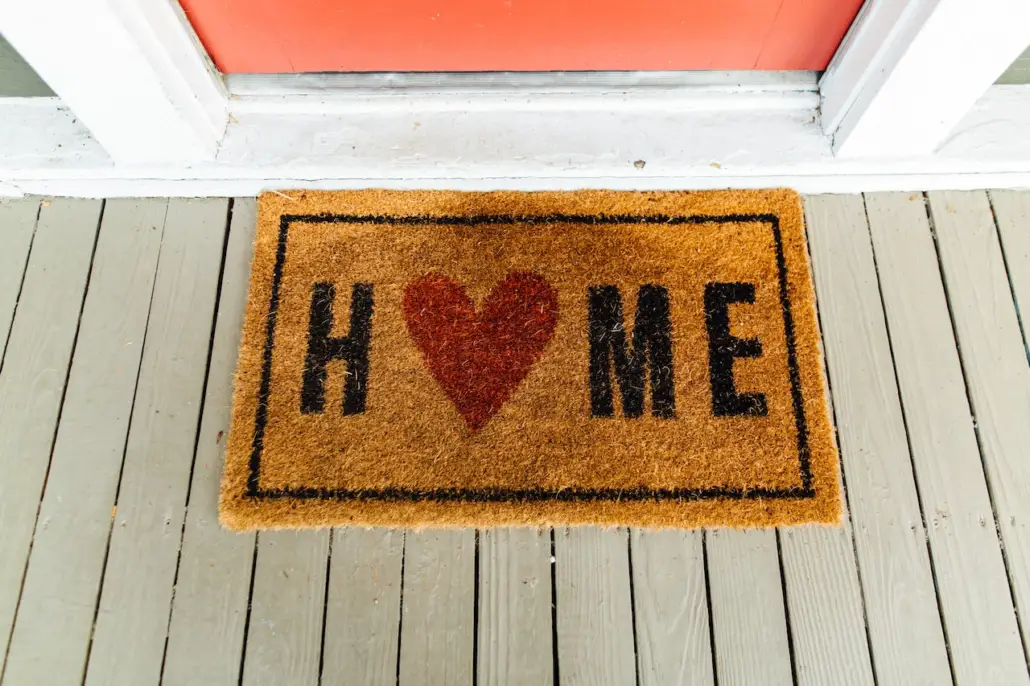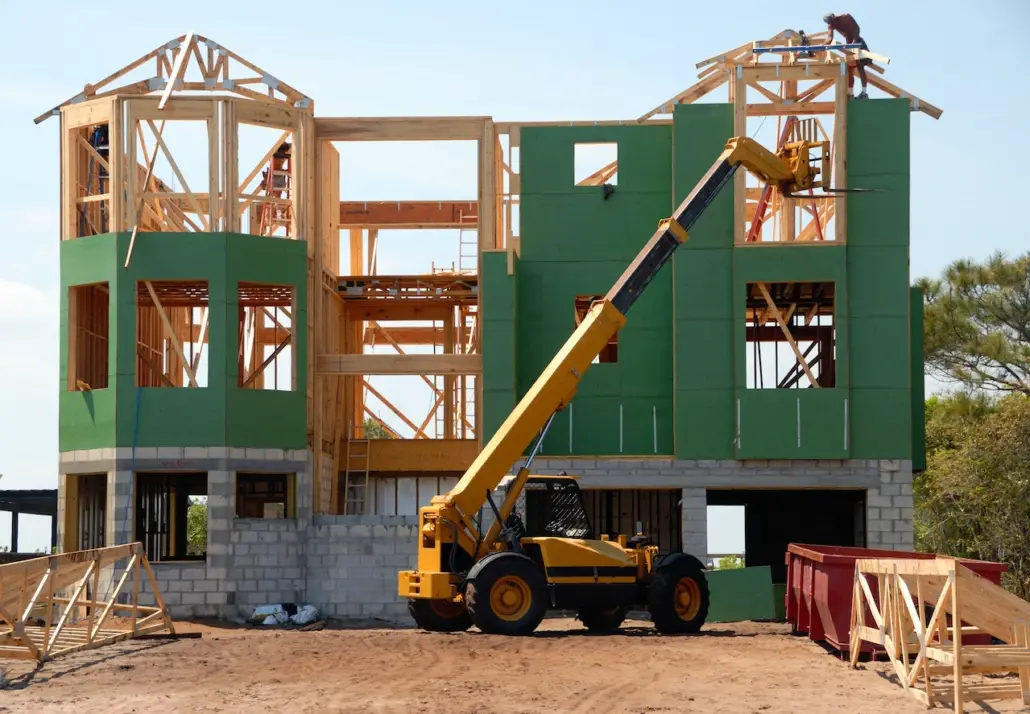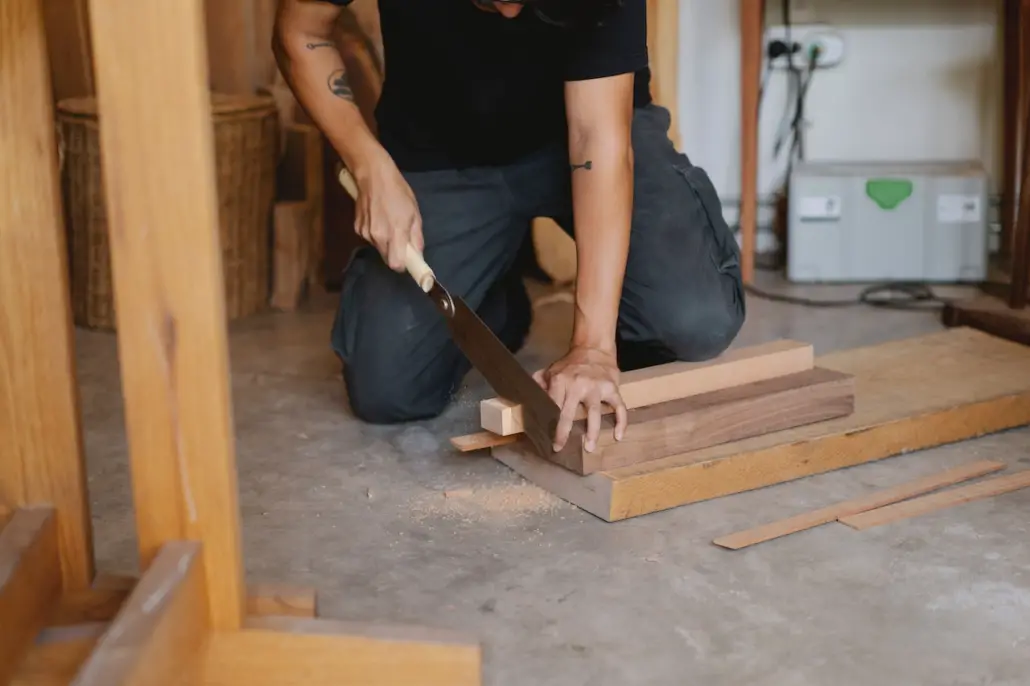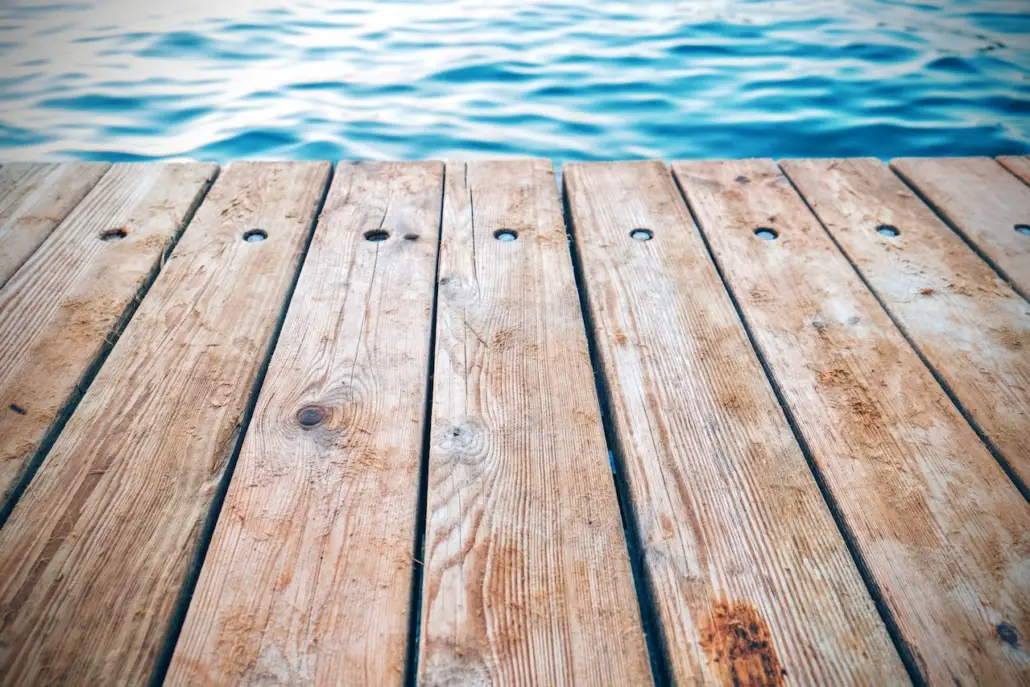10 Disadvantages Of Hardwood That You Need To Know

People tend to have a perception about hardwood that may not tell the whole story.
Consumers tend to think that hardwood is always favorable as opposed to softwood. And while hardwood certainly has its place, it isn’t always the best choice.
In general, hardwood is great for flooring, fencing and even certain building construction. These days, hardwood is also the preferred choice for outdoor decks.
But before you drop major coin on hardwood, you should know about the 10 key disadvantages.
In the following article, we will be telling you everything you need to know about hardwood and offering some tips for anyone who is dead set on hardwood. Let’s get started!
Overview of the Disadvantages of Hardwood
Hardwood is generally more expensive than other kinds of wood. That’s because it takes much longer for hardwood trees to reach maturity.
It is also more difficult for contractors to work with and may even require special tools. In general, your project will be more expensive if you choose hardwood.
What is Considered Hardwood?
Not everyone can tell the difference between hardwood and softwood. So it can be very helpful to simply familiarize yourself with the most common species of hardwood which include:
- Balsa
- Mahogany
- Eucalyptus
- Oak
- Beech
- Alder
- Teak
- Walnut
- Hickory
- Ironwood
What Are the Main Uses of Hardwood

Because of the sturdy and dense nature of hardwood, it is typically used for outdoor construction projects.
For example, it is common to use hardwood for outdoor decks as it can withstand the elements very well and isn’t as susceptible to insect infestations as softwoods.
Hardwood is also very commonly used for fencing. And because of the natural beauty, density and durability of hardwood, it is very commonly used as flooring.
Hardwood is also sought after by artisans who like to use it for high-end furniture.
Disadvantages of Hardwood
Hardwood is great for what it is commonly used for. But before you choose just any species of hardwood, be sure to go over these 10 key disadvantages:
- Price – Hardwood can be significantly more expensive than softwood depending on the cut and what you need it for. For example, you may have to pay up to $16 per square foot for quality hardwood flooring.
- Slow Growth Rate – Part of what makes hardwood so expensive is that it takes longer for hardwood trees to reach maturity (the age where they can be logged for lumber). For this reason, hardwood is seen as less regenerative than softwood and possibly less sustainable.
- Difficult to Work With – One of the key characteristics of hardwood is density. Hardwood is very dense which means it’s harder to cut. It’s also heavier so it’s harder to work with in general. A contractor will likely need to use special nails when working with hardwood.
- Noisy – When hardwood is used for flooring, it can be quite noisy. Depending on the species that is used and how it’s installed, walking on hardwood may produce more noise than softwood.
- Refinishing Needs – When used for flooring, hardwood may require refinishing down to the track. This is most common when hardwood is used as flooring in high foot traffic areas. This can add to the overall maintenance costs of hardwood flooring.
- Scratches – Despite popular belief, some species of hardwood can scratch easier than softwood.
- Not Suitable for Certain Climates – In warm and humid climates, hardwood can absorb more moisture than it’s used to. This can cause the wood to swell up or warp.
- Installation – You may have trouble finding a contractor that can handle your project or flooring installation if you opt for hardwood. Some contractors may say that they have experience with hardwood when they really don’t which may result in shoddy workmanship.
- High Altitudes – Some species of hardwood do not hold up very well in high altitudes.
- Gapping Issues – When there is gapping in hardwood flooring and other structures, it becomes very susceptible to rotting.
How To Finish Hardwood Effectively So It Lasts
Be sure to use a scraper to get all the lumps of paint off of the wood before refinishing. Then, you should thoroughly sand the wood. Always use a high quality finish that is rated for use on hardwood floors.
Tips For Working With Hardwood
- Try different sanding techniques until you find the one you feel most comfortable with
- Start with simple projects like benches before moving on to more complex structures
- Keep your tools sharp and well-maintained
- Use a drafting square to accurately mark hardwood pieces
What Are The Advantages Of Hardwood?
We have gone over the key disadvantages of hardwood so let’s take some time to discuss what makes hardwood desirable:
- Fire Resistance – Because hardwood is so dense, it is very fire-resistant.
- Durability – Hardwood is also very durable which makes it an ideal choice as a flooring material.
- Longevity – Hardwood can be repaired fairly easily and in general, is very durable. This gives hardwood structures like decks and fences a longer life.
- Aesthetics – Many hardwoods like oak are prized for their natural beauty – making them ideal for flooring and furniture.
Hardwood FAQs

Q: What are the characteristics of hardwood?
Hardwood comes from deciduous trees that have broad leaves. Hardwood trees also shed their leaves in the fall. In general, hardwood is dense, heavy and very strong. It takes a long time for a hardwood tree to reach maturity and in that time, the grains grow tight against each other which is what makes hardwood so dense.
Q: Which hardwood is the strongest?
Before we answer this question it should be noted that hardwood strength is measured in pounds-force or lbf. The wood that is known to have the highest lbf is Australian Buloke which has an lbf of 5,060. Australian Buloke is a type of ironwood that grows in Australia.
Q: Where does hardwood grow
Hardwood trees typically grow in tropical and temperate climates. They can grow in tropical and subtropical areas where they usually take the form of evergreen trees. Many hardwood tree species grow in the Amazon and the forests of Europe. However, the hardest known hardwood grows in Australia.
Q: How long does hardwood last?
The answer depends on how hardwood is maintained and what it’s used for. For example, hardwood flooring can last up to 100 years if it is installed, finished and maintained properly.
Q: What is the most durable type of hardwood?
One of the most durable types of hardwood is hickory. Hickory is used for a variety of constructions and projects because it resists scratching very well. This is why it is often used for flooring.
A hardwood’s resistance to denting and wear is measured by what’s called a Janka rating. The higher the Janka rating, the more durable the wood will be. Hickory has a Janka rating of 1820 which is one of the highest ratings given to an American species of hardwood.
Q: What should you not put on a hardwood floor?
You shouldn’t put oils and waxes on your hardwood floors. Furniture sprays should also be avoided as these substances leave a slipper residue. You should also use abrasive cleansers like straight ammonia or alkaline. These substances may dull the surface of the wood.
Using the wrong kind of rug pad may also discolor your hardwood floors. Rug pads are good for preventing your area rugs from slipping and sliding; but you should avoid rubber rug pads.
Q: Is hardwood flooring waterproof?
Hardwood floors are not considered waterproof. In fact, hardwoods in general are not waterproof. That’s because the surface of most hardwoods is porous which allows for high moisture absorption. While you can avoid water damage on your hardwood floors by cleaning up liquid spills as soon as possible, you should try to avoid exposing your hardwood floors to moisture as much as possible.
What flooring is 100% waterproof?
Laminate flooring is fully waterproof. Vinyl tiles are also 100% waterproof. You can also treat some wood flooring with sealers to protect them from moisture damage.
Is engineered hardwood good?
Engineered hardwood is known for long-lasting finishes. The finish can be applied by the manufacturer and typically last for years longer than regular hardwood finishes.
The durability of the finish also makes the hardwood itself more durable. While engineered hardwood is more expensive than natural hardwood, it typically lasts longer.
5 facts about Hard wood
- The grain pattern of every piece of hardwood is different
- Hardwood durability is measured by a Janka rating
- Hardwood floors are better for indoor air quality than carpet
- Hardwood flooring will change color over time
- Some hardwood floors can last for 100 years or more
Final Thoughts

Hardwood is a great material for many different applications. It is marked by its incredible durability and beauty.
However, keep in mind the disadvantages that we highlighted.
You don’t always have to choose hardwood. In fact, softwood may be a better choice in certain situations.
Consider all your options carefully and don’t be afraid to ask your contractor for expert advice when choosing materials.


